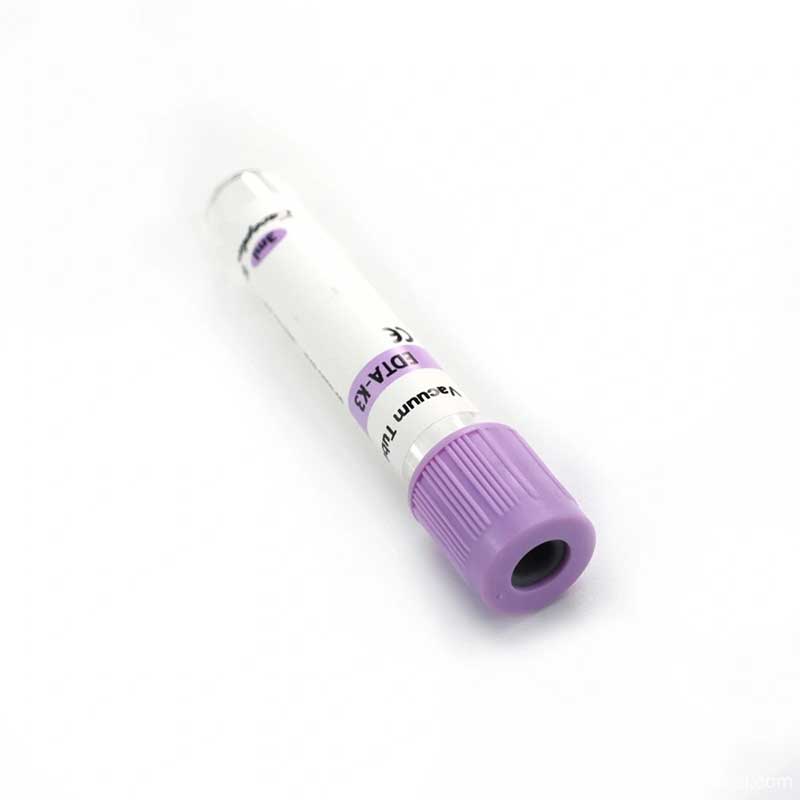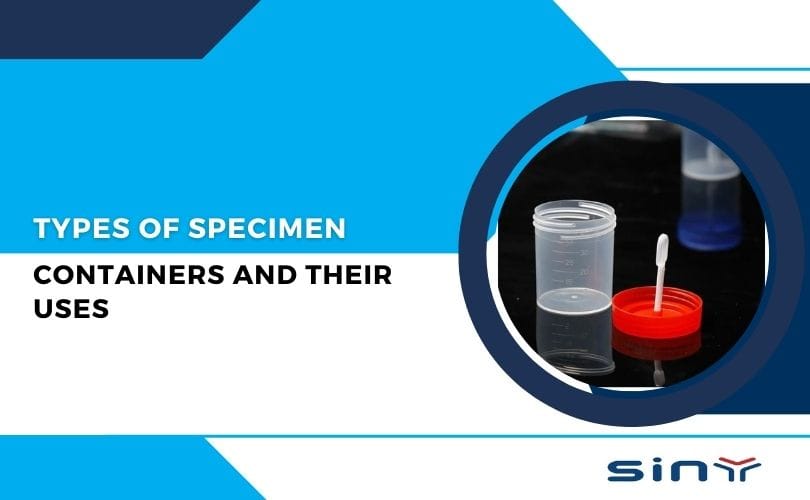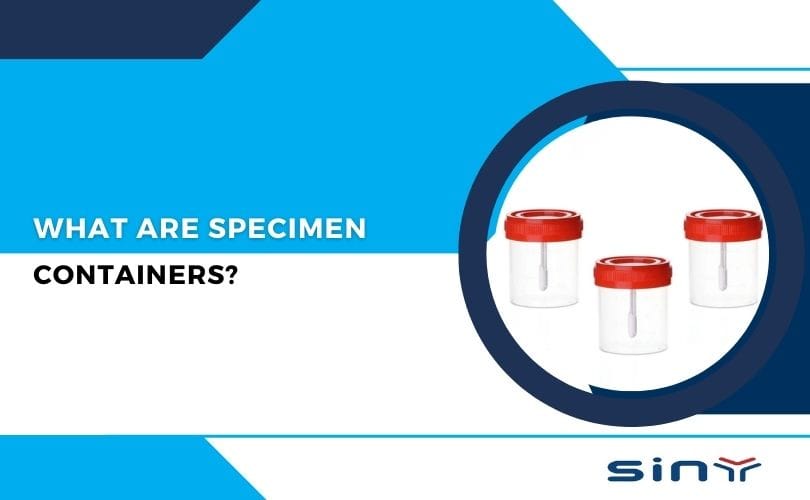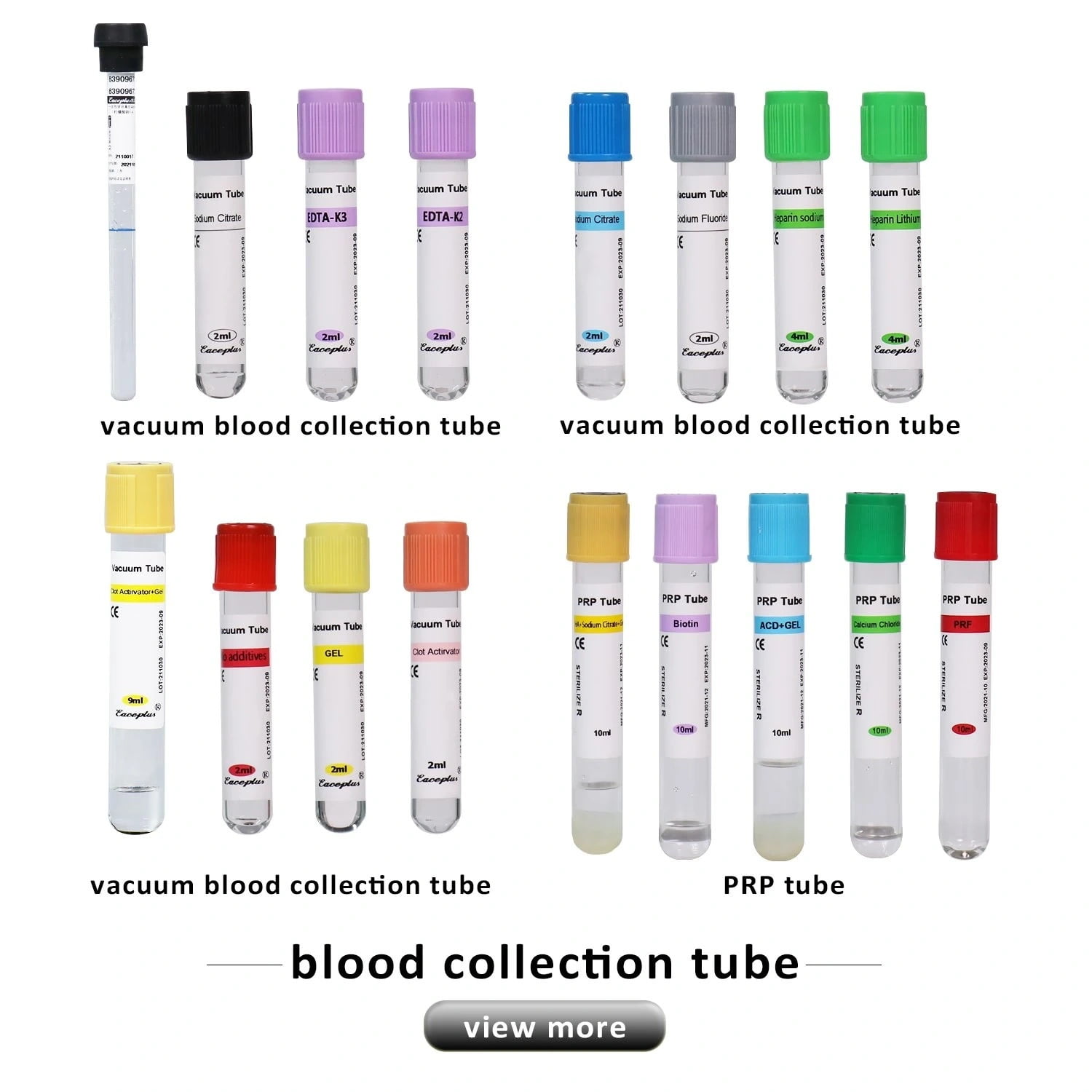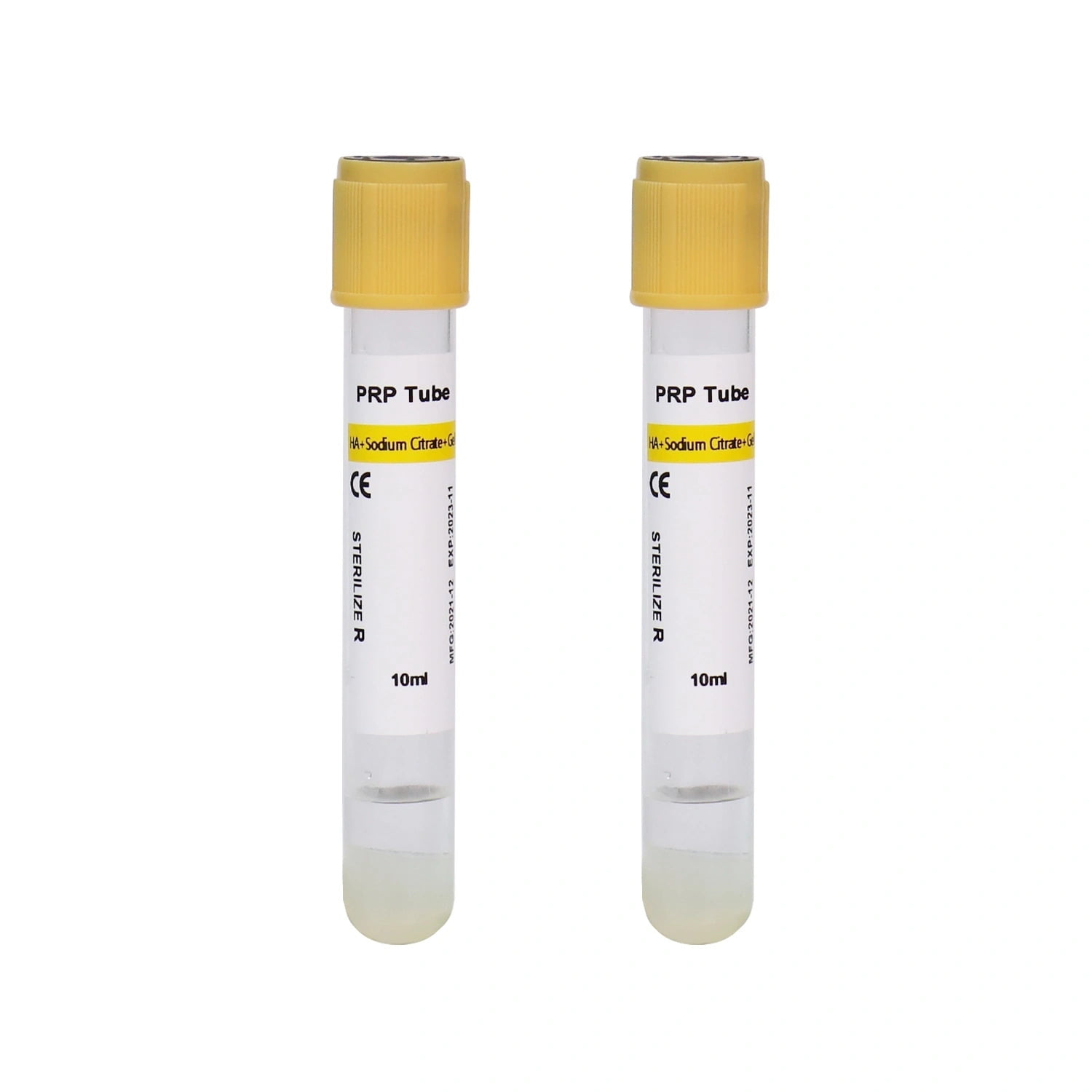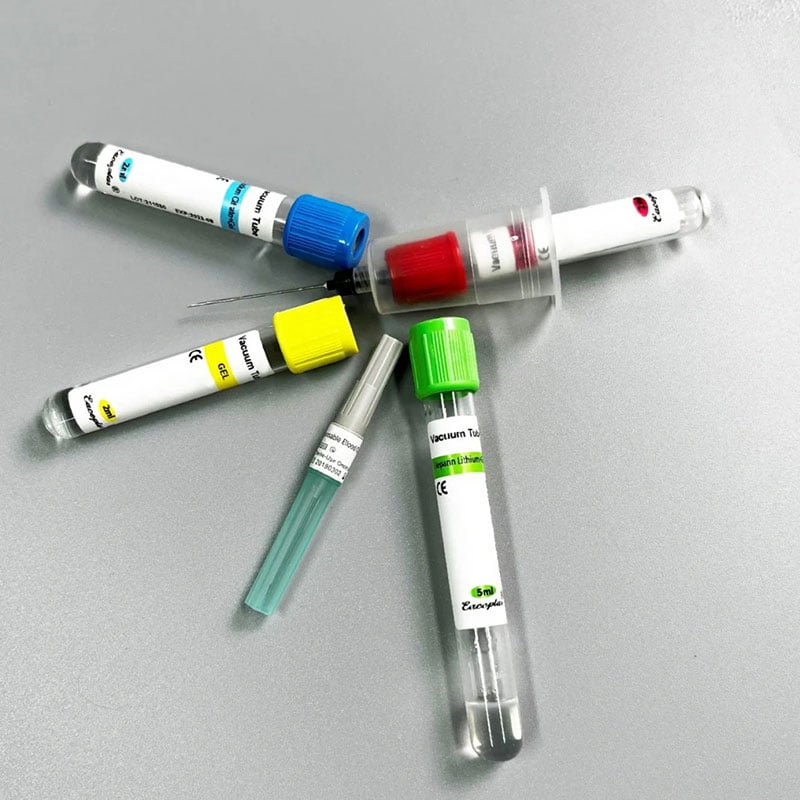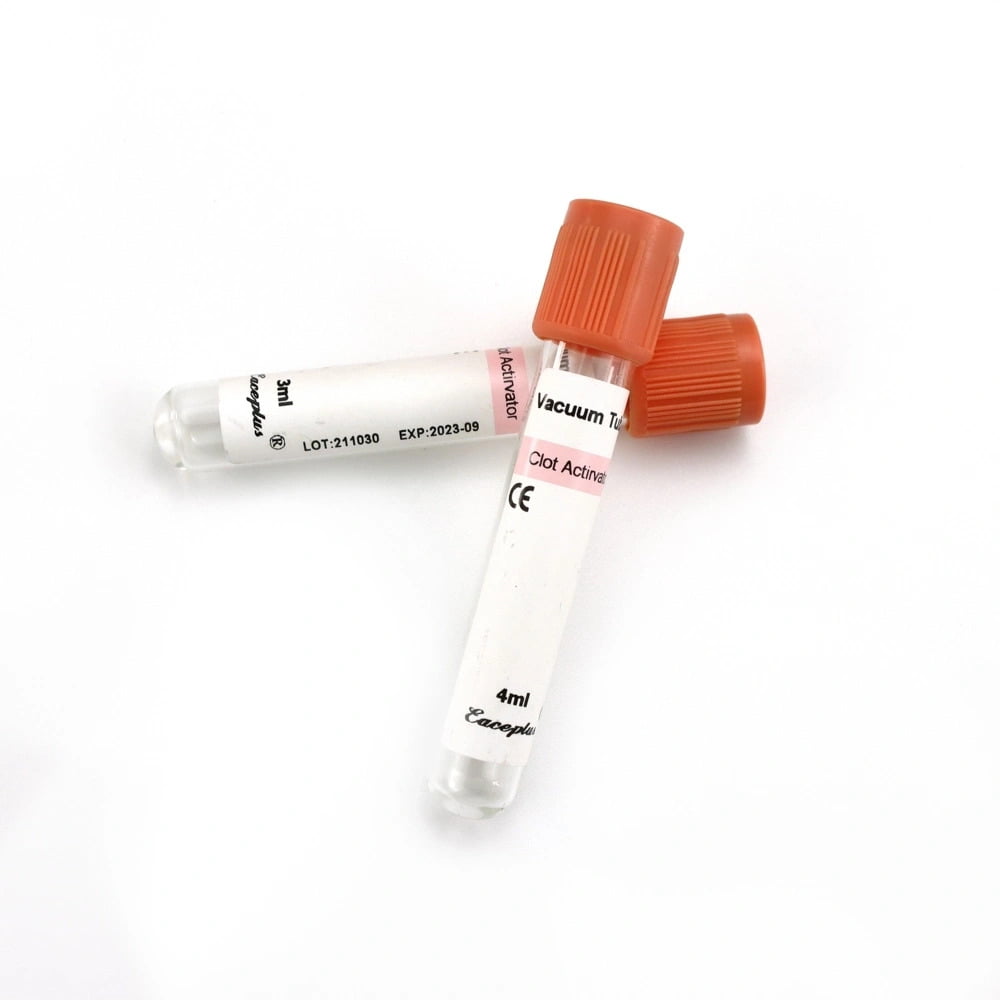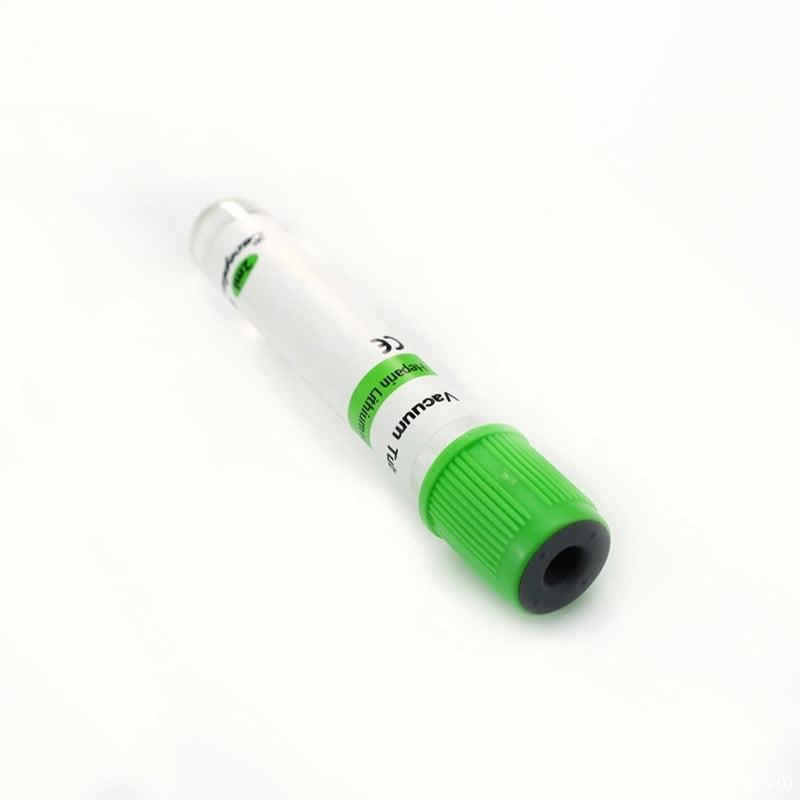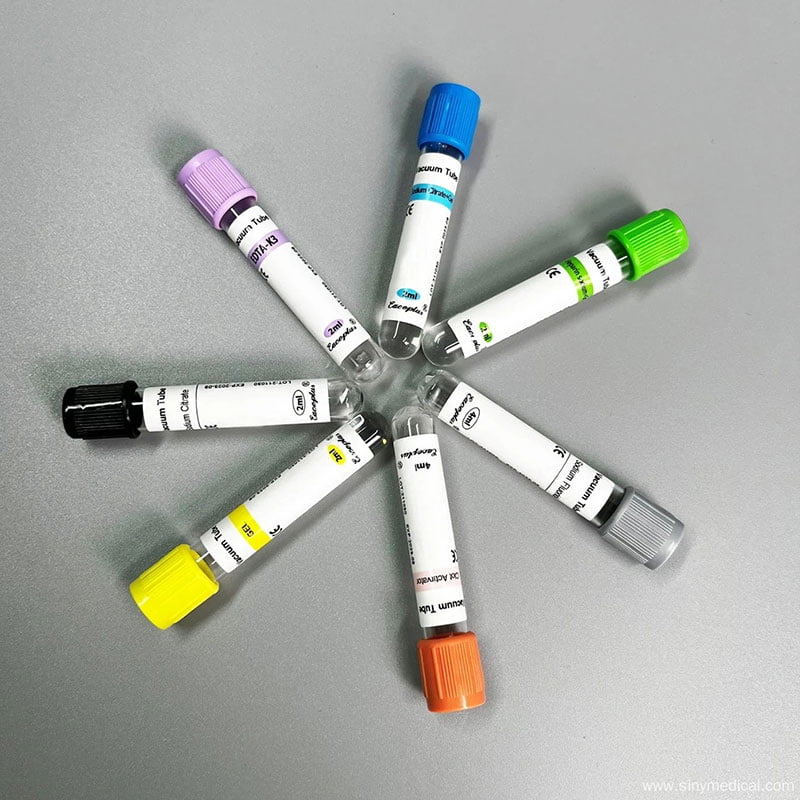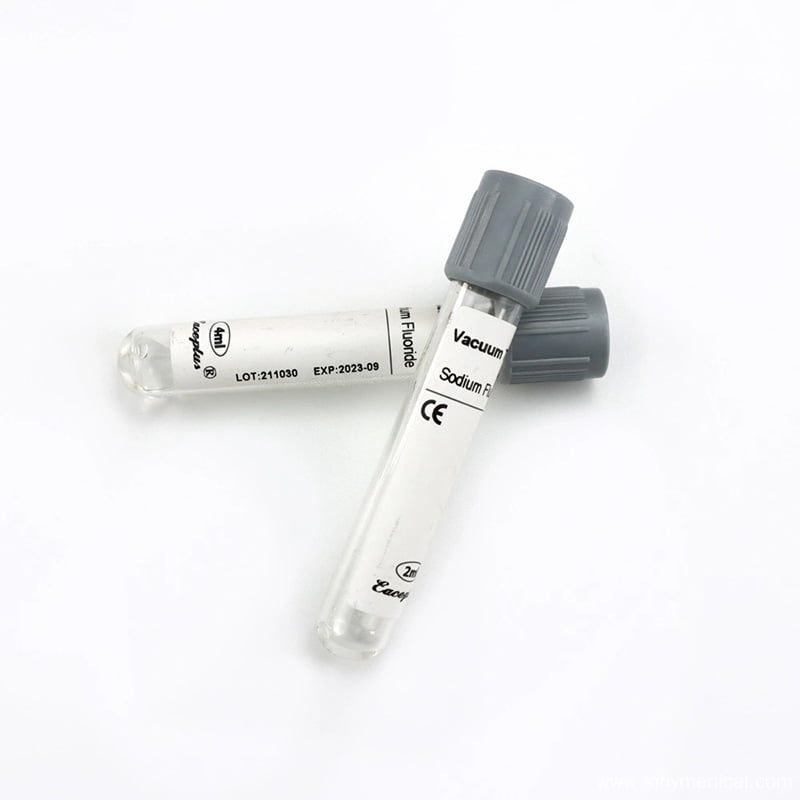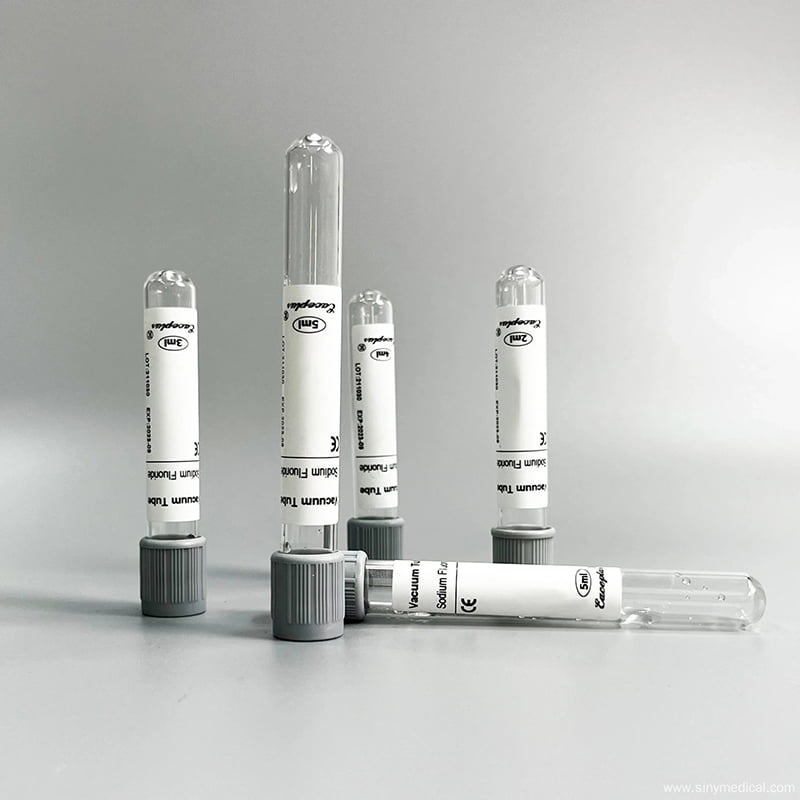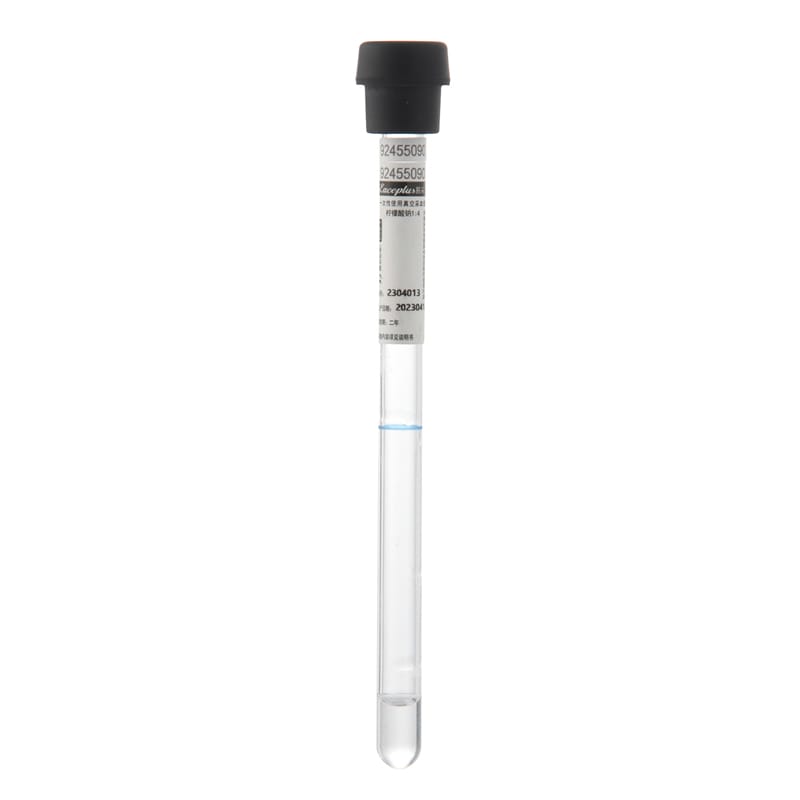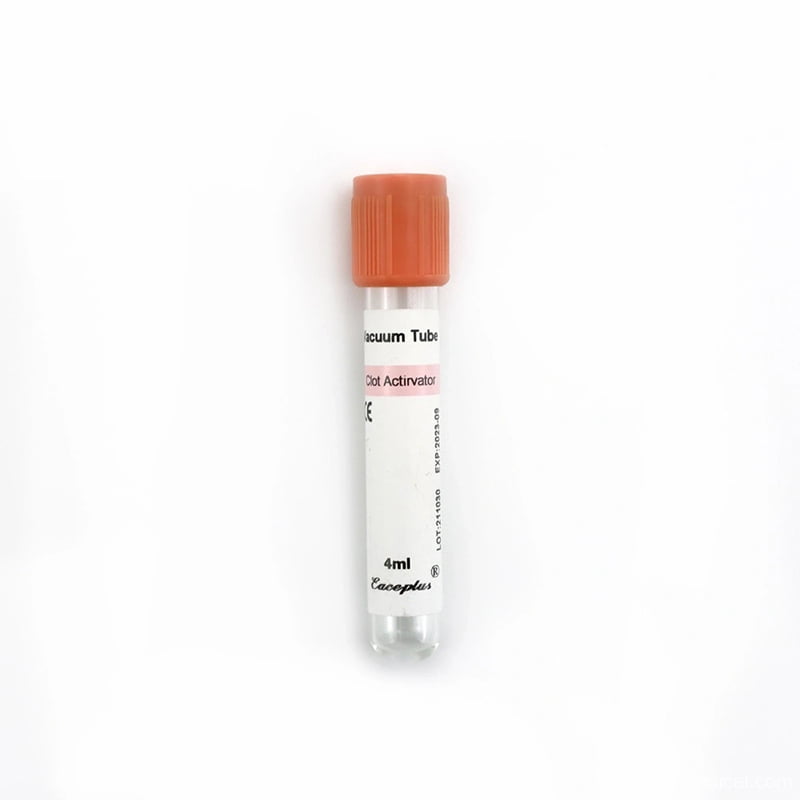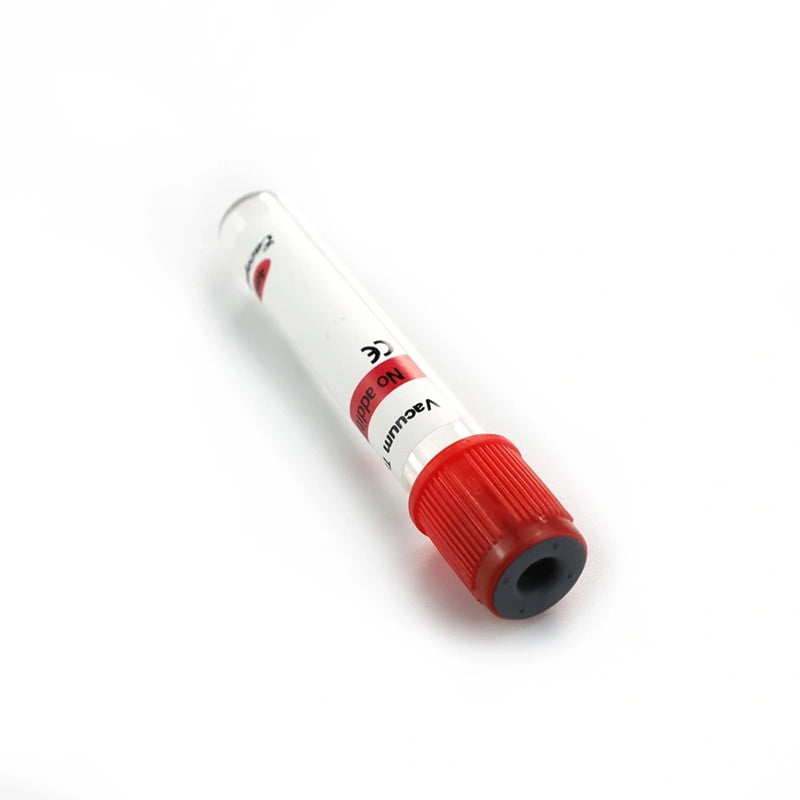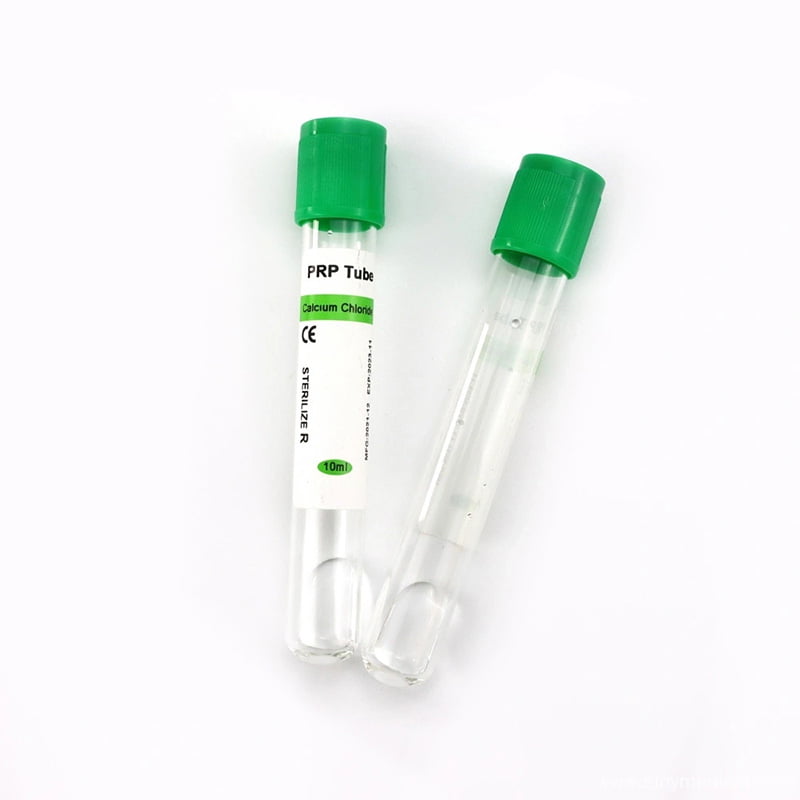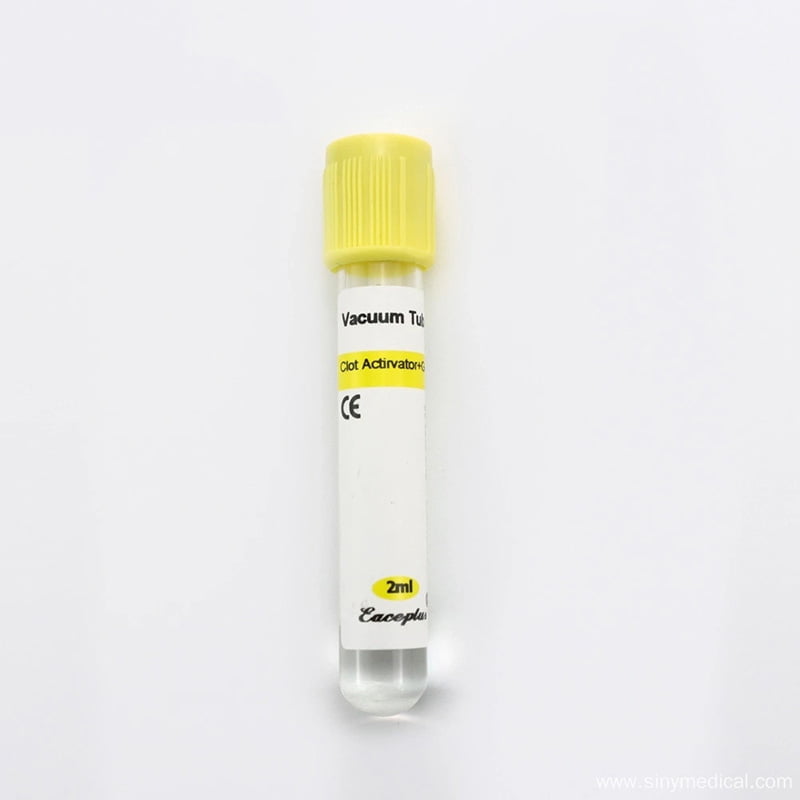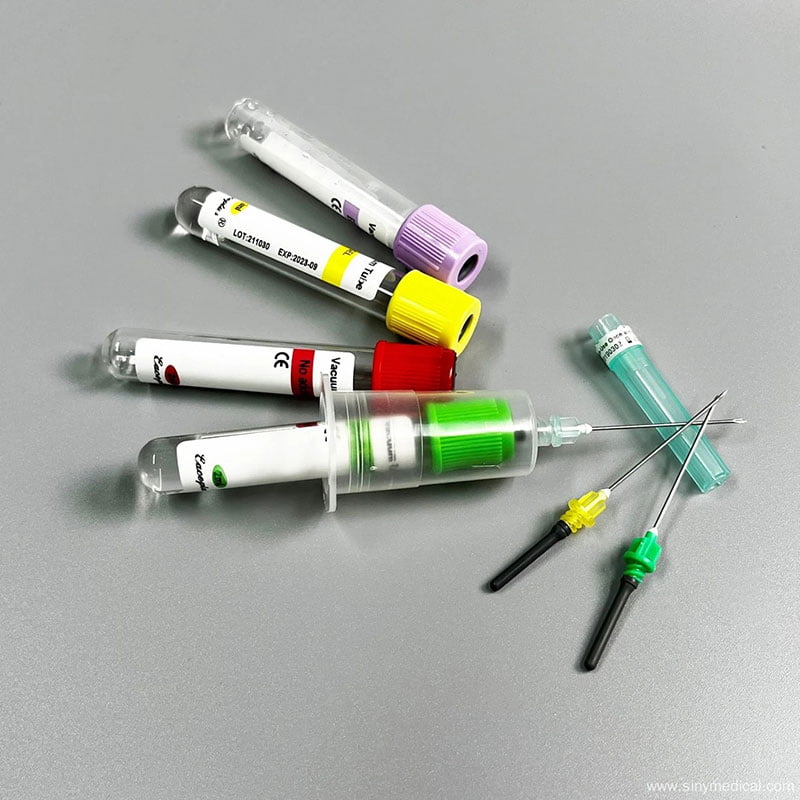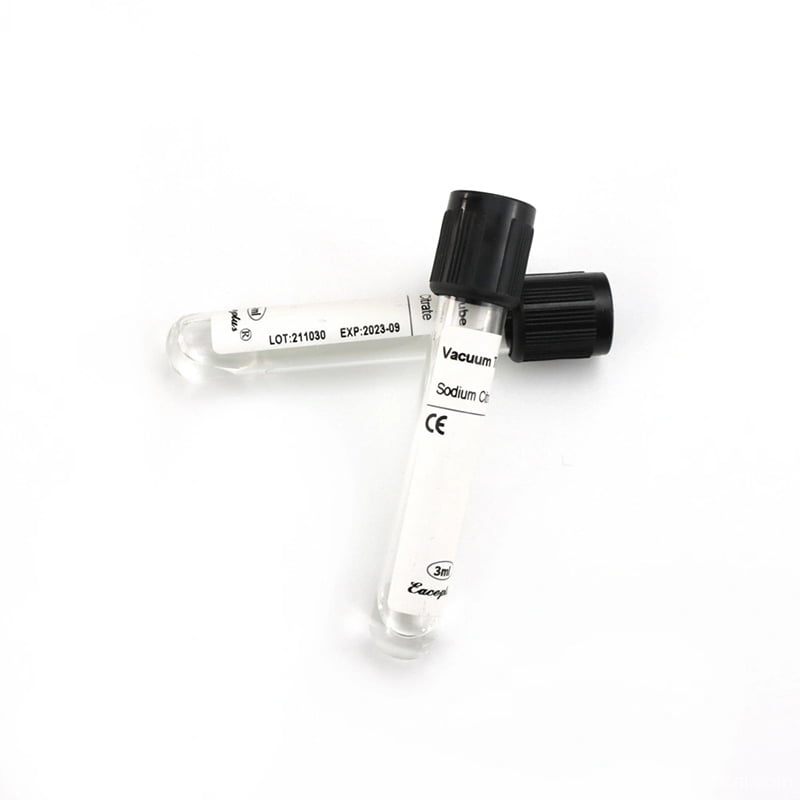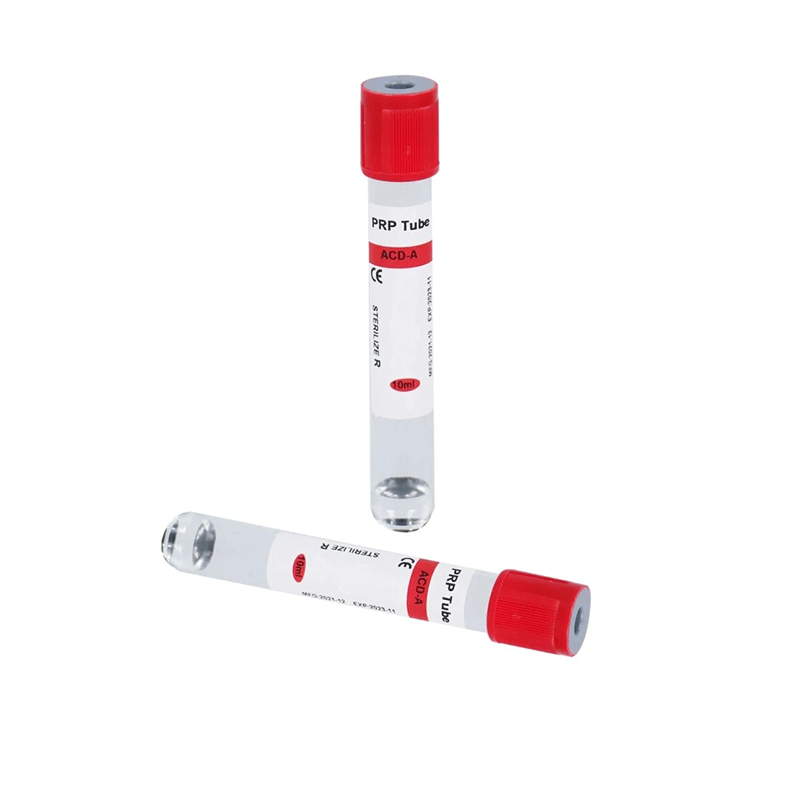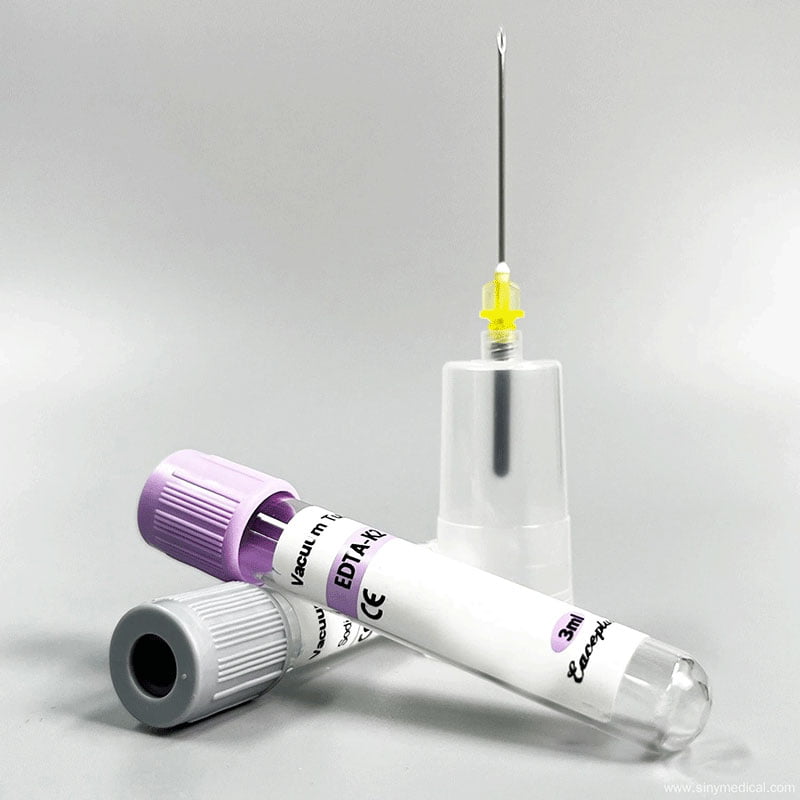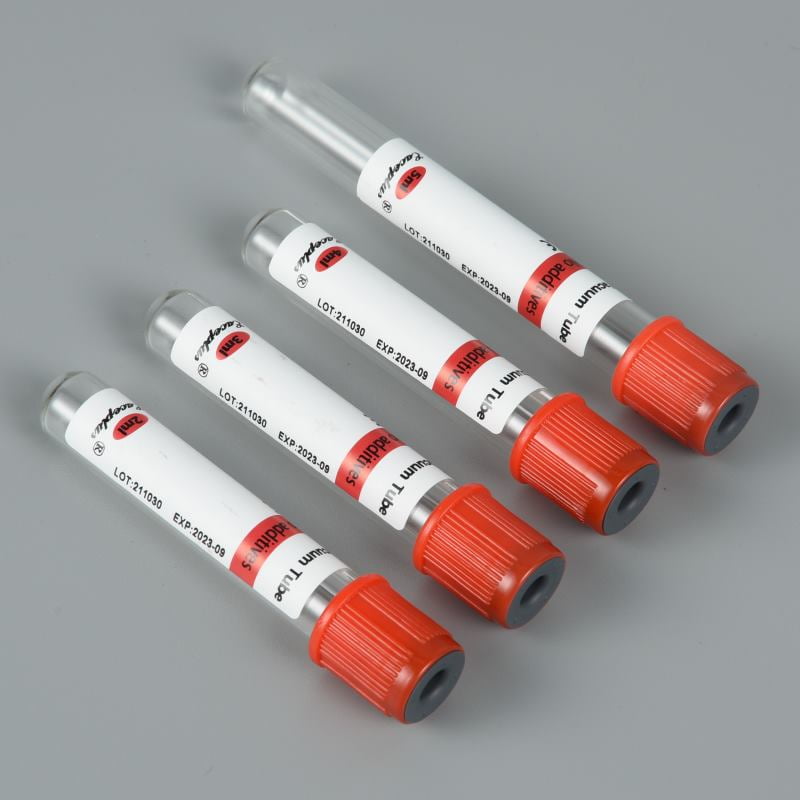A stool cup is a sterile container designed to collect and store stool samples for medical analysis. These samples help diagnose various conditions, from gastrointestinal infections to chronic diseases like Crohn’s disease. Stool cups are a staple in clinical laboratories and hospitals, enabling accurate and contamination-free testing.
- Key Features of a Stool Cup
Stool cups are typically small, sterile, and leak-proof, ensuring the safe transportation of samples. They often include a screw-top lid and a built-in spatula for easy and hygienic collection. - Why Are Stool Cups Used?
They are critical for diagnosing infections, parasites, and digestive disorders. By analyzing stool samples, labs can detect bacteria like E. coli, identify inflammatory markers, and even uncover signs of hidden bleeding.
For detailed product information, visit Siny Medical’s Stool Cup.
Table of Contents
What Is a Stool Cup?
A stool cup is designed to securely hold fecal matter for testing. It typically features a tight-sealing lid to prevent leakage and contamination during transport. The primary purpose of the stool cup is to facilitate accurate testing by keeping the sample uncontaminated until it reaches the laboratory.
How Stool Cups Complement the Needle With Vacutainer
In the world of medical diagnostics, healthcare professionals often use tools like the needle with vacutainer alongside stool cups. While they primarily use the vacutainer for blood sample collection, its sterile, closed system prevents contamination in a way that is similar to how stool cups function.

- Vacutainer Overview
A technician uses a needle with a vacutainer to draw blood into sealed tubes for laboratory analysis. Like stool cups, this system prioritizes sterility and ease of use. - The Connection Between Tools
Both tools emphasize the importance of contamination-free sample collection. In some advanced diagnostics, healthcare professionals may need to cross-reference stool samples with bloodwork, making both tools indispensable in a healthcare setting. Learn more about Siny Medical’s vacutainer-compatible products here.
How to Use a Stool Cup Correctly
Using a stool cup properly is critical to obtaining accurate test results. Below are step-by-step instructions to ensure a smooth and hygienic collection process.
- Prepare for Collection
Wash your hands thoroughly and ensure the stool cup remains sealed until use. Avoid contaminating the inside of the cup or lid. - Collect the Sample
Use the provided spatula or collection tool to gather a small amount of stool. The sample should be about the size of a walnut unless specified otherwise by your healthcare provider. - Seal the Cup Securely
Screw the lid tightly to prevent leaks. Some cups include a built-in locking system for added safety. - Label and Transport
Label the cup with your name, date of birth, and the collection date. Deliver the sample to the lab within the recommended time frame, usually within 24 hours.
For more information on specimen containers, check out Siny Medical’s Specimen Cups.
Types of Stool Cups Available
Not all stool cups have the same quality. Here’s a breakdown of the different types available in the market:
- Standard Stool Cups
Healthcare professionals commonly use these for general stool sample collection. They are simple, affordable, and effective. - Leak-Proof Stool Cups
Designed for enhanced safety, these cups are ideal for transporting samples over longer distances. - Advanced Diagnostic Cups
Some stool cups come with specialized features, such as compartments for chemical preservatives, which help maintain sample integrity for specific tests.
Siny Medical offers a wide variety of stool sample cups to suit different diagnostic needs.
Applications of Stool Cups in Diagnostics
The versatility of stool cups extends beyond basic testing. Here are some common applications:
- Detecting Gastrointestinal Infections
Researchers analyze stool samples for pathogens like Salmonella and Clostridium difficile. - Screening for Colon Cancer
Tests like the Fecal Immunochemical Test (FIT) use stool samples to detect traces of blood that may indicate colon cancer. - Monitoring Chronic Diseases
Conditions like Crohn’s disease and ulcerative colitis often require ongoing stool analysis to track inflammation levels.
For additional diagnostic solutions, visit Siny Medical’s Blog.
Advantages of Using Stool Cups
The use of stool cups offers several benefits:
- Hygiene and Safety: Stool cups are sterile, minimizing the risk of contamination.
- Ease of Use: Their design ensures a straightforward collection process, even for first-time users.
- Wide Availability: They are accessible through clinics, hospitals, and trusted suppliers like Siny Medical.
Choosing the Right Stool Cup Supplier
Selecting a reliable supplier is crucial for ensuring product quality. Siny Medical stands out as a trusted name in medical equipment, offering a wide range of stool cups and other specimen containers.
- Explore their full product range, including urine cups and sputum cups, for comprehensive diagnostic solutions.
Stool cups are indispensable tools in modern medical diagnostics, playing a pivotal role in accurate sample collection and analysis. Paired with other tools like the needle with vacutainer, they contribute to a seamless and hygienic diagnostic process. By choosing high-quality products from trusted suppliers like Siny Medical, healthcare providers can ensure better outcomes for their patients.
For more information on diagnostic tools and specimen containers, visit Siny Medical’s Blog or check out their complete range of stool sample cups.
FAQs Stool Cups
Q: How much stool is needed for a sample?
A: Typically, a sample the size of a walnut is sufficient, but your healthcare provider may specify otherwise.
Q: Are stool cups reusable?
A: Stool cups are single-use and must be discarded after collection to ensure hygiene.
Q: How long can a stool sample be stored?
A: You should deliver most samples to the lab within 24 hours. If immediate transport is not possible, refrigerate the sample as instructed.
Q: Can stool cups be used for children?
A: Pediatric stool cups are specifically designed for infants and toddlers, which makes collection easier for parents.

